The Congress opened on June 6, just ahead of the inaugural International Day for Dialogue among Civilizations. Jointly hosted by the Center for Language Education and Cooperation (CLEC) under China's Ministry of Education and Renmin University of China (RUC), the event explored the theme "Understanding China: Sinology in the Age of Artificial Intelligence.”
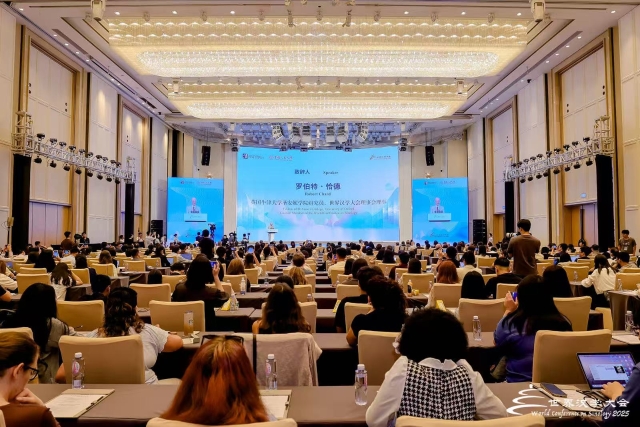
The gathering confronted AI's disruptive impact on Sinology and contemporary China research head-on. Sessions bridged classical humanities methodologies with emerging technologies, seeking innovative frameworks for interpreting Chinese civilization in the digital era.
At the World Congress on Sinology, China's Vice Minister of Education Wu Yan unveiled a "New Sinology Plan" prioritizing AI innovation and global collaboration. Renmin University pledged support for young scholars and digital humanism, while Shenzhen highlighted its tech-driven, globally connected environment as ideal for advancing modern Sinology.
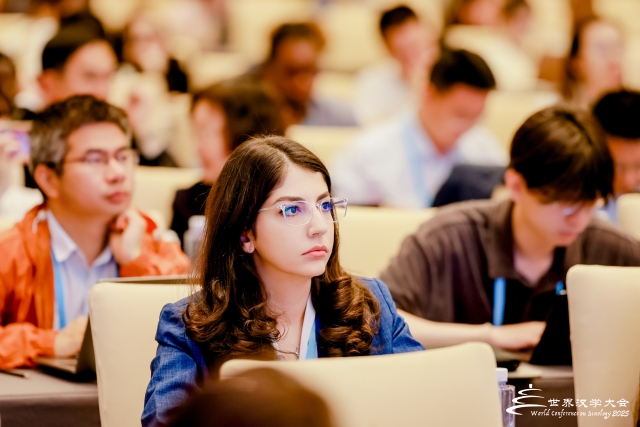
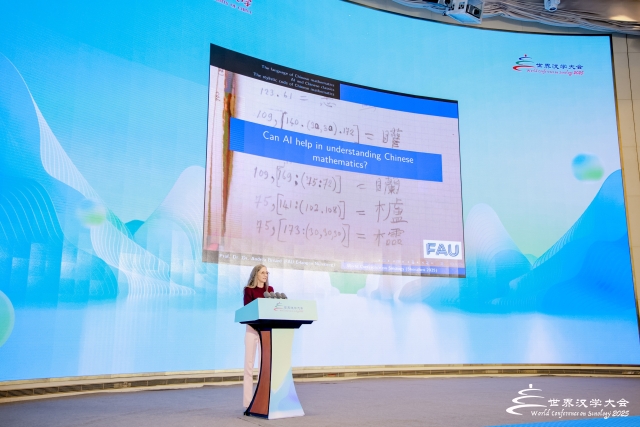
International scholar Robert Chard (Oxford University, Congress Council) underscored sinologists' growing global relevance, insisting the field must "wisely adopt AI while maintaining deep linguistic mastery and humanistic rigor to accurately comprehend China."
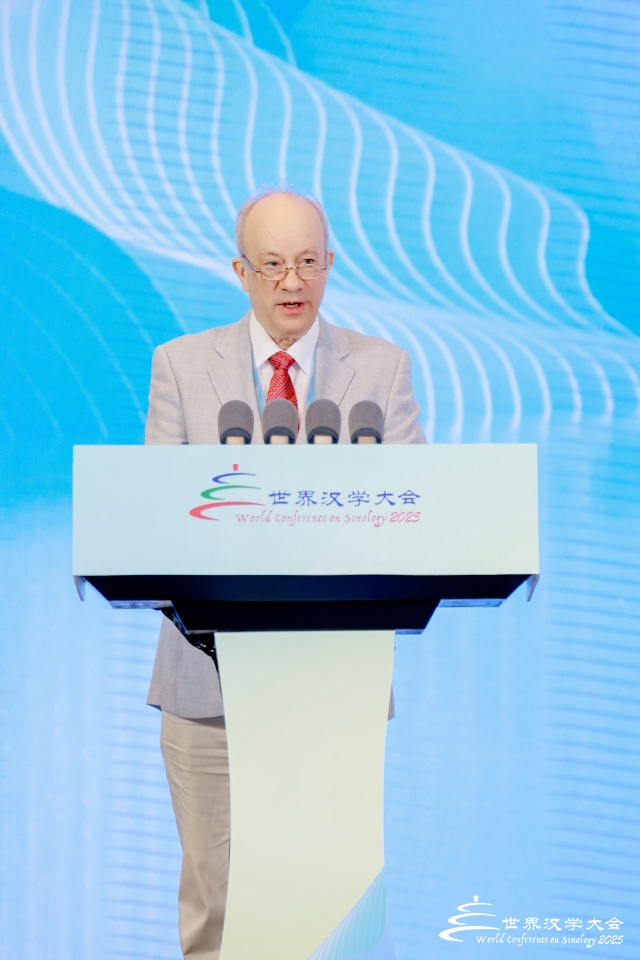
Robert Chard, retired professor at St Anne's College, Oxford University
Key launches included the World Sinology Preprint Platform—China's first major digital hub dedicated to Sinology research—and the pioneering "New Sinology Plan" Postdoctoral Fellowship (CLEC/five top universities) to cultivate elite young talent. New appointments to the Congress Council's Youth Committee were also confirmed.
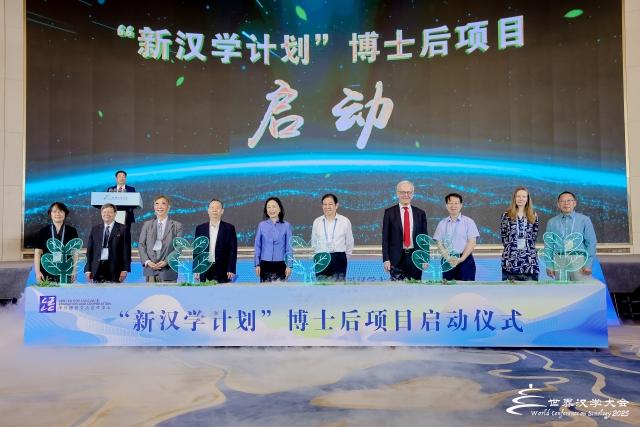
Founded in 2007, the World Congress on Sinology leverages the field's cross-cultural, interdisciplinary nature to advance global understanding of contemporary China, nurture scholars, and foster civilizational dialogue.
Reporter | Cai Minling
Photos | Renmin University
Editor | Huang Qini, James, Shen He
















